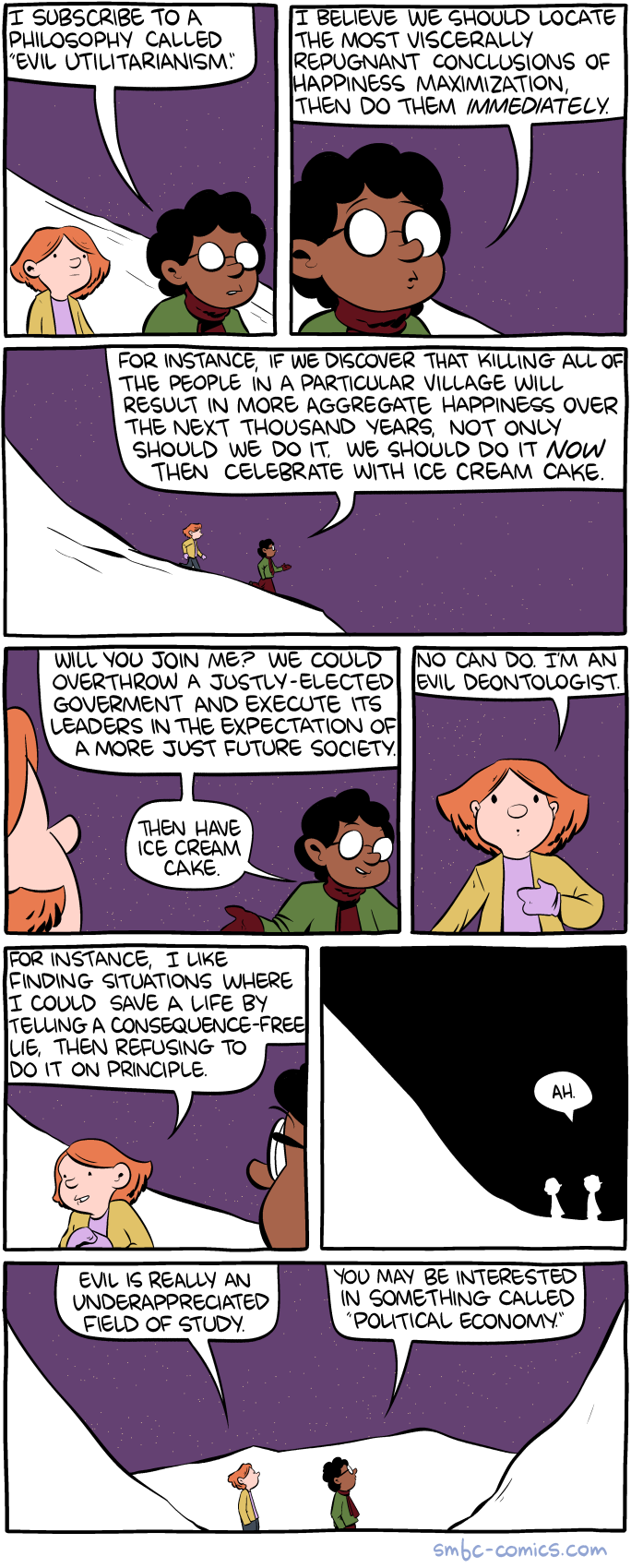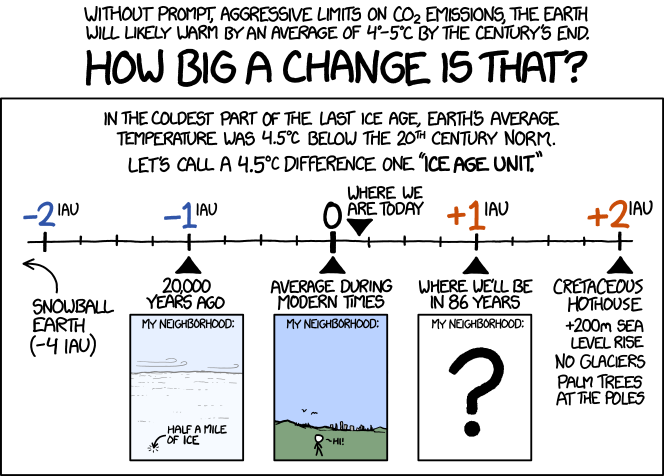The so-called “small government” politicians of the last few decades have a strong record of undermining or directly attacking science, research, and science education, often as part of their whole “shrink government to help everybody” mantra. It’s a line that seems to appeal to millions of Americans, whether conservative, moderate, or liberal, because on the surface of it, it seems to make sense. The government is discussed as a monolithic entity that takes our hard-earned money and wastes it on all sorts of bullshit, and like all the best lies, this one has a kernel of truth. Pretty much anyone can point to some example of government waste that pisses them off, so it’s easy to hear a bit of rhetoric about how bad the government is, match it to your own views, and agree. As usual, however, if we don’t look a little deeper, we can end up supporting policies that hurt everybody, including ourselves.



